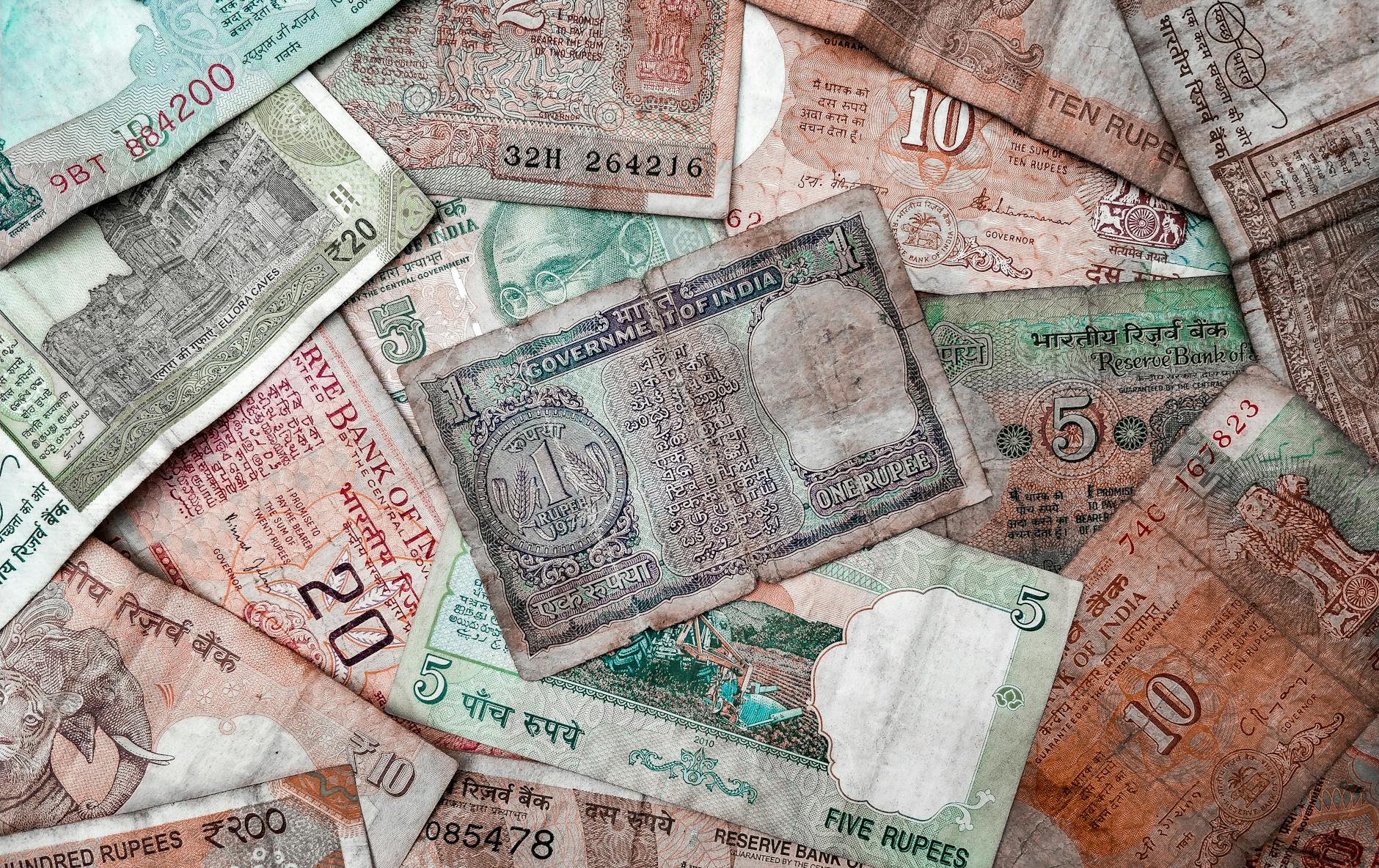Uncover the intricate process of a trademark hearing in India – from evidence presentation to final ruling. Don’t miss out!
Table of Contents
Trademarks are an essential aspect of protecting your brand identity and distinguishing your products or services from competitors. In India, the process of trademark registration involves various steps, including the possibility of a trademark hearing. Below, we explore what a trademark hearing entails and why it may be necessary for trademark applicants.
What is a Trademark Hearing and Why is it Necessary?
A trademark hearing is a formal procedure conducted by the Trademark Registry in India to address any issues or objections raised during the trademark registration process. It is an opportunity for both the trademark applicant and any opposing parties to present their arguments and evidence before a decision is made on the trademark application.
There are several reasons why a trademark hearing may be necessary, including:
1. Objections raised by the Trademark Examiner: The Trademark Examiner may raise objections to the trademark application if they believe it does not meet the necessary requirements or if there are conflicting trademarks already registered.
2. Opposition by third parties: Third parties who believe that the trademark application infringes on their existing rights may file an opposition with the Trademark Registry, leading to a hearing to resolve the dispute.
How to Prepare for a Trademark Hearing
Preparing for a trademark hearing involves gathering evidence, documents, and legal arguments to support your case. Some important steps to take include:
1. Reviewing the objections or opposition raised: Carefully study the reasons for the objections or opposition and gather evidence to counter them.
2. Consulting with a trademark attorney: It is advisable to seek the help of a qualified trademark attorney who can guide you through the hearing process and represent you effectively.
3. Presenting your arguments: During the hearing, you will have the opportunity to present your case and address any concerns raised by the Trademark Examiner or opposing parties.
Outcome of a Trademark Hearing
After the trademark hearing, the Trademark Registry will review the arguments presented by both parties and make a decision on the trademark application. The possible outcomes of a trademark hearing include:
| Topic | Description |
|---|---|
| Trademark Application | Submit your trademark application with the appropriate fees and documents to the Trademark Registry in India. |
| Examination Report | Receive an examination report from the Trademark Registry indicating any objections or issues with your application. |
| Responding to Objections | Prepare and submit a response to the objections raised by the Trademark Registry within the specified time period. |
| Trademark Hearing | Attend a hearing at the Trademark Registry where you can present your case and arguments in support of your trademark application. |
| Decision | After the hearing, the Trademark Registry will issue a decision either approving or rejecting your trademark application. |
| Appeal | If your application is rejected, you have the option to appeal the decision to the Intellectual Property Appellate Board in India. |
1. Approval of the trademark application: If the Trademark Registry is satisfied with the arguments presented and believes the trademark meets all requirements, the application may be approved.
2. Rejection of the trademark application: If the objections or opposition are found to be valid, the trademark application may be rejected, and the applicant will have the opportunity to appeal the decision.
Conclusion
In conclusion, a trademark hearing is a crucial step in the trademark registration process in India. It provides an opportunity for both the applicant and opposing parties to present their arguments and evidence before a decision is made on the trademark application. By understanding the purpose of a trademark hearing and preparing effectively, trademark applicants can increase their chances of successfully registering their trademarks in India.
FAQ
Question 1: What happens if my trademark application is rejected after the hearing?
Answer 1: If your trademark application is rejected after the hearing, you have the option to appeal the decision to the Intellectual Property Appellate Board in India.
Question 2: Can I represent myself during a trademark hearing?
Answer 2: While you can represent yourself during a trademark hearing, it is advisable to seek the expertise of a qualified trademark attorney for better chances of success.
Question 3: How long does a trademark hearing typically last in India?
Answer 3: The duration of a trademark hearing can vary based on the complexity of the case, but it generally ranges from a few hours to a few days.
Question 4: What are the key factors considered by the Trademark Registry in India during a trademark hearing?
Get
Answer 4: The Trademark Registry considers factors such as the uniqueness of the trademark, likelihood of confusion with existing marks, and compliance with legal requirements during a trademark hearing in India.

